The Brady List does not apply Machine Learning [ML], Artificial Intelligence [AI], or any other coded mechanism to the determinations represented on this platform.
Brady disclosures play a crucial role in ensuring law enforcement discretion and maintaining the integrity of the criminal justice system. The term "Brady disclosure" stems from the landmark U.S. Supreme Court case Brady v. Maryland (1963), which established the principle that prosecutors must disclose exculpatory evidence to the defense in criminal cases. Exculpatory evidence refers to any evidence that could potentially prove the defendant's innocence or undermine the credibility of the prosecution's case. By making Brady disclosures, law enforcement agencies are compelled to be transparent and provide the defense with all relevant information, promoting fairness, due process, and upholding the rule of law.
Law enforcement discretion refers to the authority and flexibility granted to law enforcement officers and prosecutors in handling cases, investigations, and charging decisions. While discretion is essential for effective law enforcement, it can also lead to abuses and wrongful convictions if not appropriately balanced with transparency and accountability. Brady disclosures act as a critical check on law enforcement discretion by ensuring that all material information that could impact a defendant's case is made known to the defense.
The process of making Brady disclosures requires law enforcement agencies and prosecutors to thoroughly review their case files and identify any potentially exculpatory evidence. This could include witness statements that contradict the prosecution's theory, information pointing to another suspect, or evidence indicating witness bias. By disclosing such evidence to the defense, law enforcement acknowledges the limitations of their case and allows the defense to adequately prepare and present a robust defense. This not only promotes fairness in the courtroom but also helps in arriving at more accurate and just outcomes.
Brady disclosures also play a significant role in maintaining public trust in the criminal justice system. When law enforcement agencies willingly share all relevant evidence, even if it benefits the defense, it demonstrates a commitment to truth and justice rather than just securing convictions. This transparency helps build public confidence that law enforcement is working in the pursuit of justice and not solely focused on winning cases at any cost. It fosters a sense of accountability and deters misconduct, as law enforcement personnel know that withholding evidence can have severe consequences.
Brady disclosures contribute to the credibility of the criminal justice system by reducing the likelihood of wrongful convictions. When defendants have access to exculpatory evidence, they are better equipped to challenge the prosecution's case and expose any weaknesses or inconsistencies. Innocent individuals are less likely to be wrongfully convicted when law enforcement is diligent in fulfilling their Brady obligations.
Brady disclosures encourage a culture of ethical behavior within law enforcement agencies. By prioritizing transparency and adhering to their constitutional obligations, officers and prosecutors are reminded of the importance of maintaining a high standard of professional conduct. This commitment to justice over convictions helps to root out any malicious intent to withhold evidence or manipulate the legal process for personal gain.
In conclusion, making Brady disclosures is essential in ensuring law enforcement discretion is balanced with transparency and accountability. By providing the defense with all relevant exculpatory evidence, law enforcement agencies promote fairness, protect against wrongful convictions, and uphold the credibility of the criminal justice system. Through this process, law enforcement demonstrates their commitment to justice, the rule of law, and safeguarding the rights of the accused. As the criminal justice system evolves, ensuring robust Brady disclosures remains a cornerstone in maintaining a fair and just society.
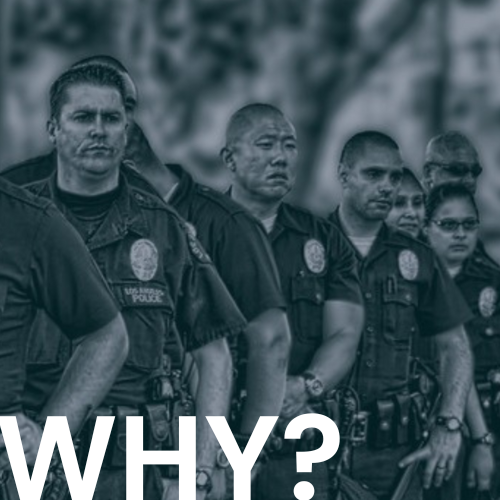
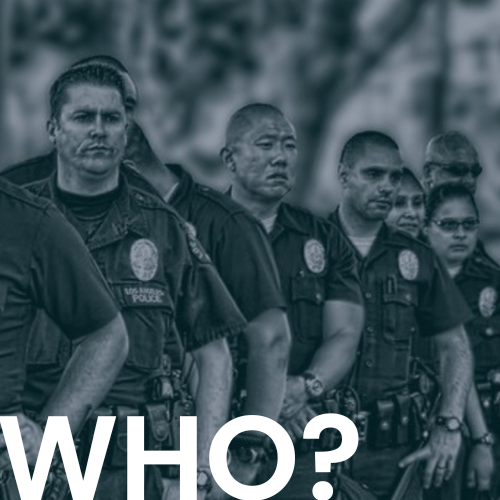
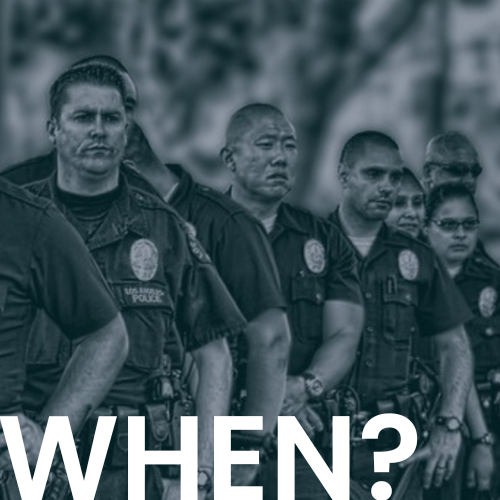
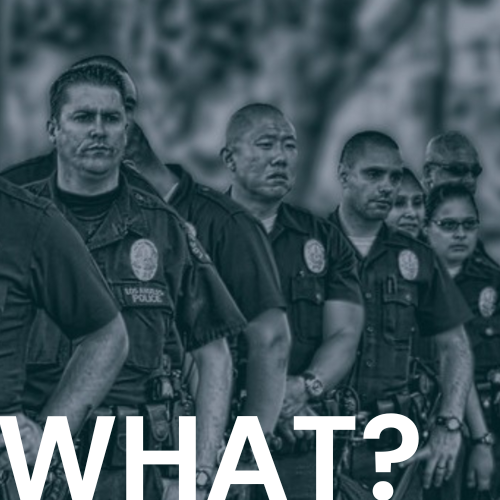
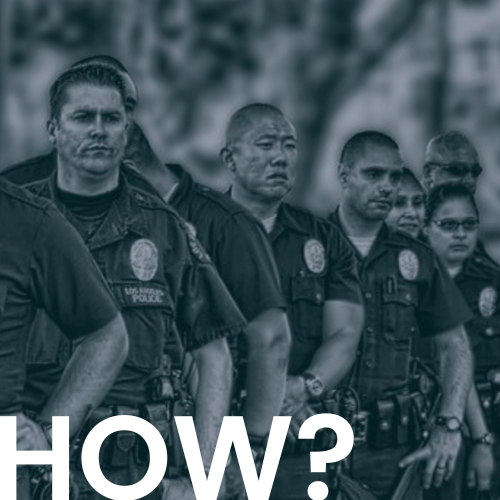

![Peace Officer Standards & Training [POST] Departments Peace Officer Standards & Training [POST] Departments](/sites/default/files/styles/large/public/2023-07/Brady.png?itok=xsIFvU8R)
![Organizations [Law Enforcement et al.] Organizations [Law Enforcement et al.]](/sites/default/files/styles/large/public/2023-07/Brady%20%282%29.png?itok=H7Pj15F8)

